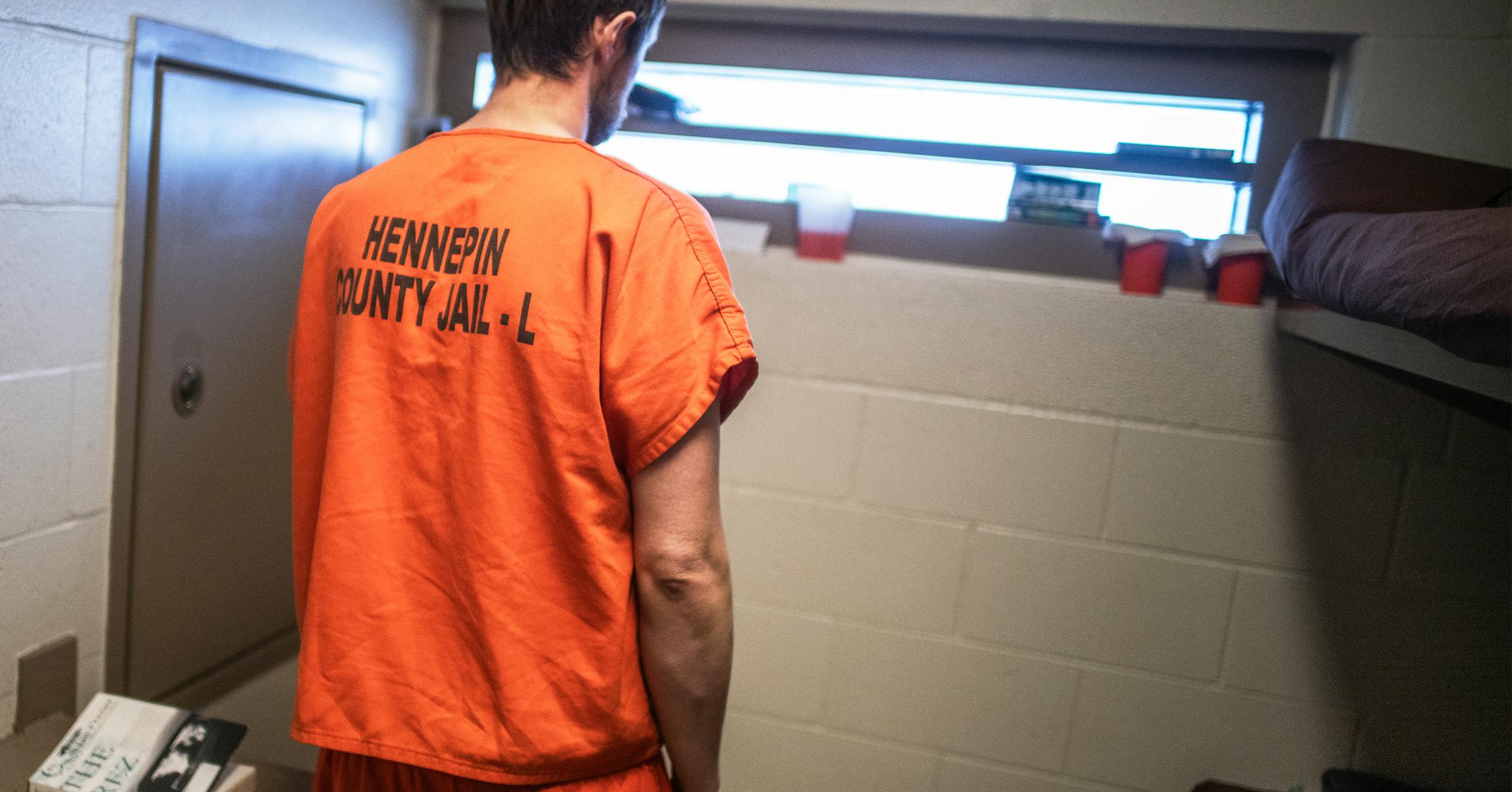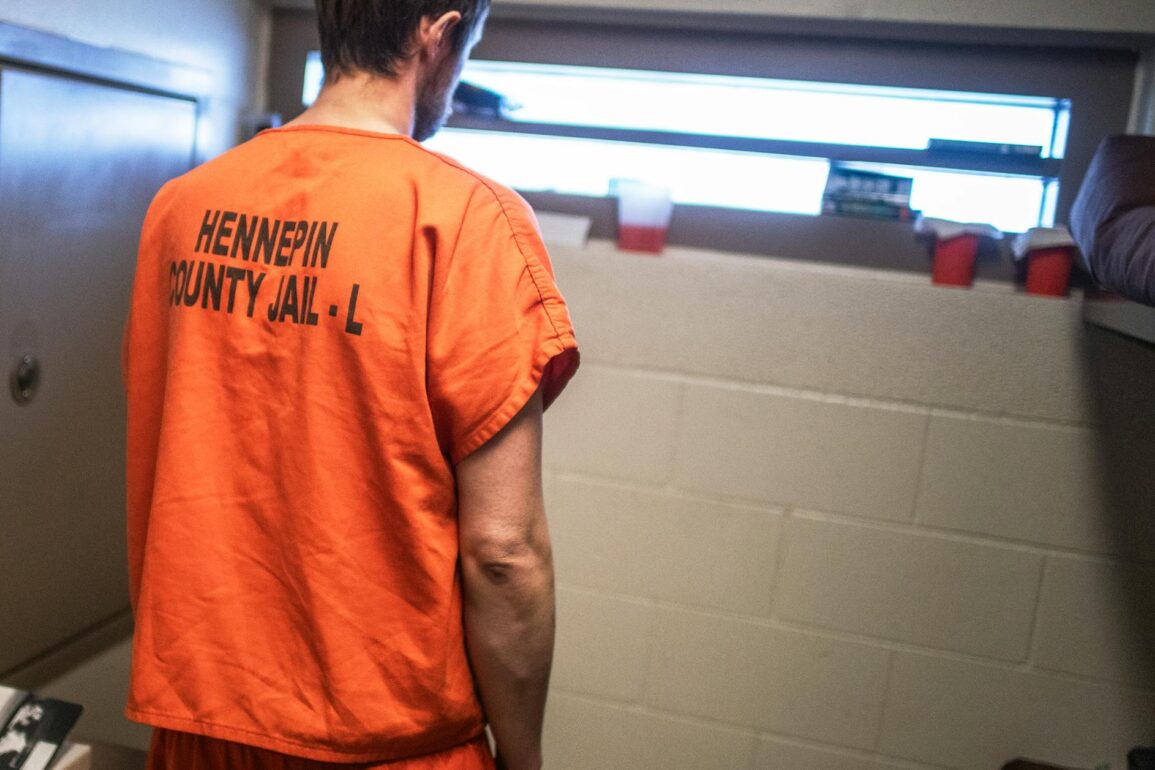
Minnesota is not the only state seeking the green light from the Centers for Medicare & Medicaid Services. A spokeswoman for the federal agency said they have approved such waivers for 11 states and are reviewing applications from 12 states and the District of Colombia.
Not all jails or prisons will see the change if the state gets approved. The pilot program will include three state correctional facilities and seven local facilities. Sites that want to be part of the project need to apply, and DHS said Tuesday it is creating a competitive process to select the locations.
In additional to the Medicaid waiver project, Drucker said a workgroup to increase jail access to medications for opioid use disorder — co-chaired by the Minnesota Medical Association and Minnesota Sheriff’s Association — got started this summer. And he said the Department of Corrections is reviewing its rules for the minimum services that jails must offer, including requirements around health care and substance use disorders.
“Getting people treatment — good quality treatment including medications for opioid use disorder — while they’re incarcerated, helping them begin a recovery journey and then as they are exiting … having them return to healthy recovery ecosystems is both good for individuals, in terms of their personal health, but also for communities,” Drucker said. “It reduces recidivism and increases public safety.”
Almost two-thirds of people in U.S. jails have some type of active substance use disorder, the report from the NORC at the University of Chicago states. It cites another another study that found a 31% reduction in post-incarceration overdose deaths among people who received opioid use disorder medications while detained.
This post was originally published on this site be sure to check out more of their content.









